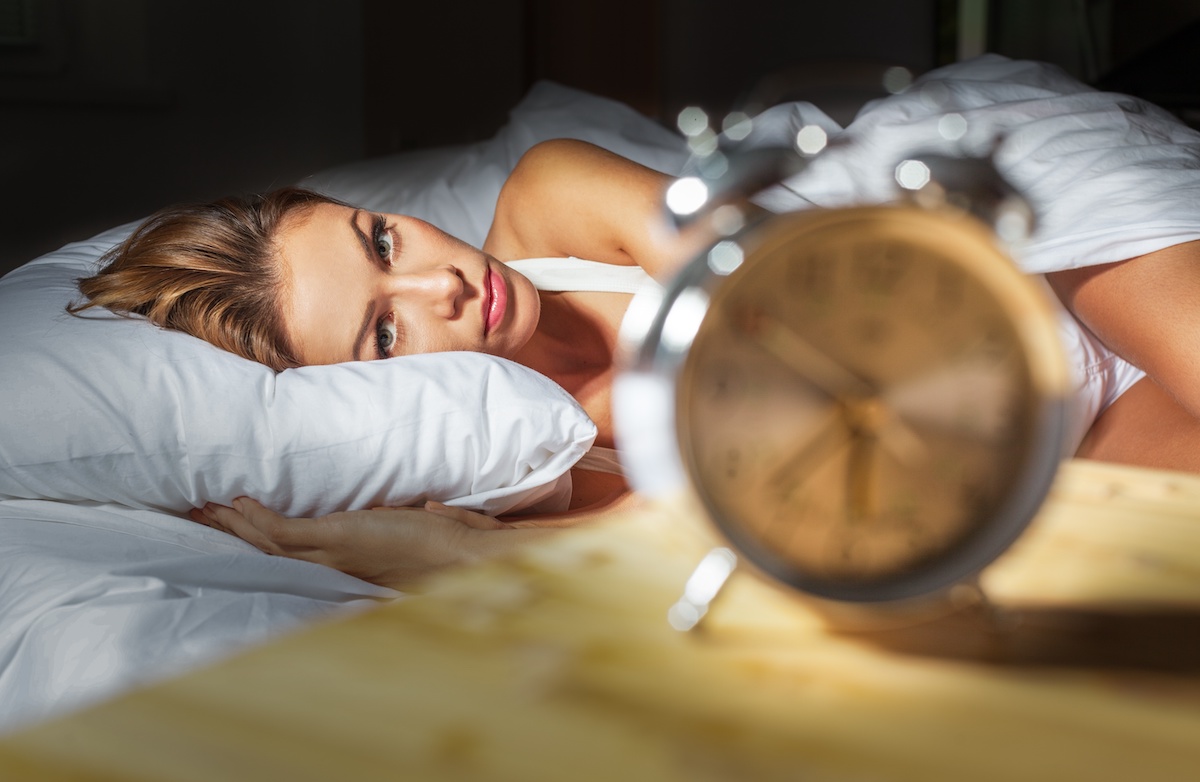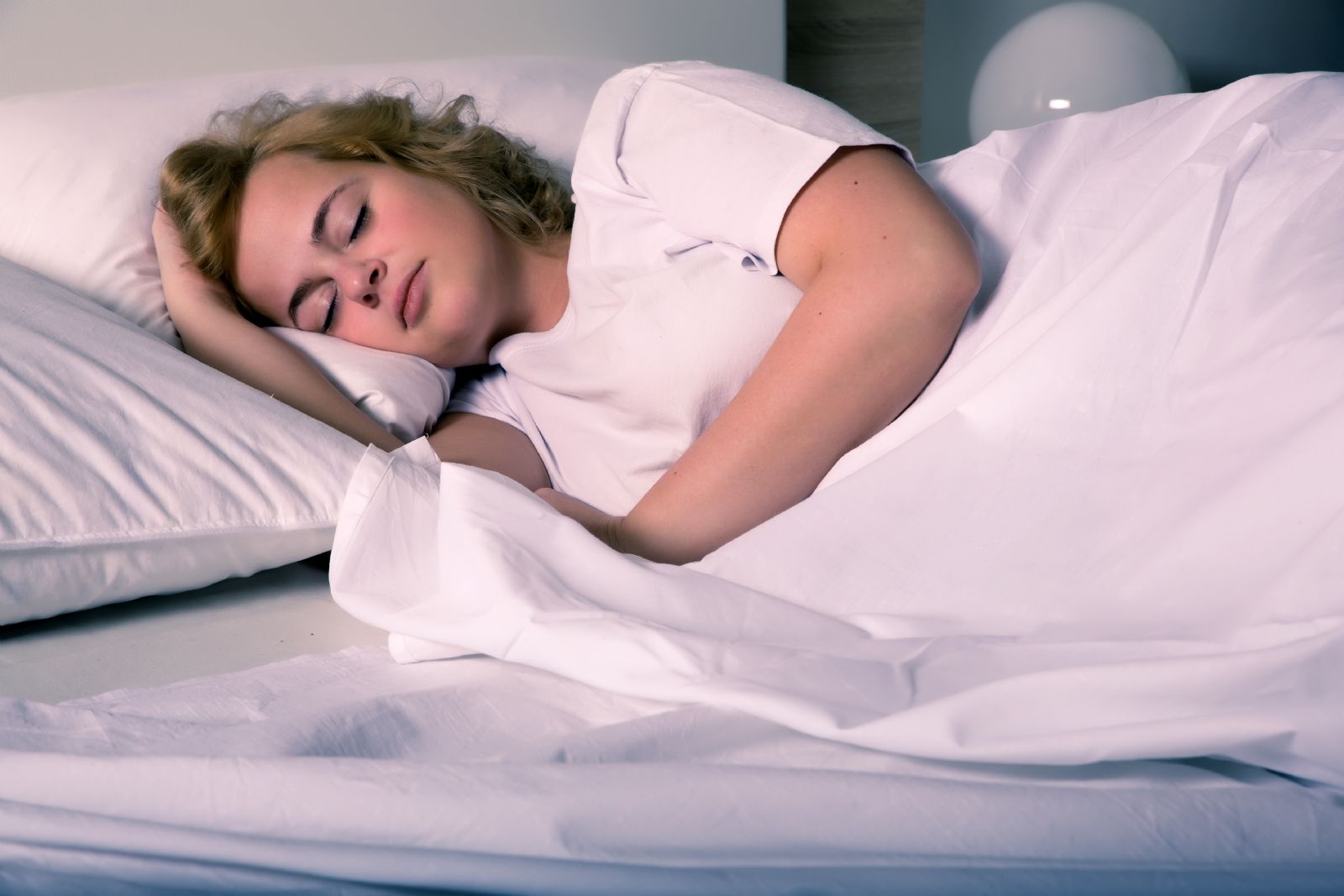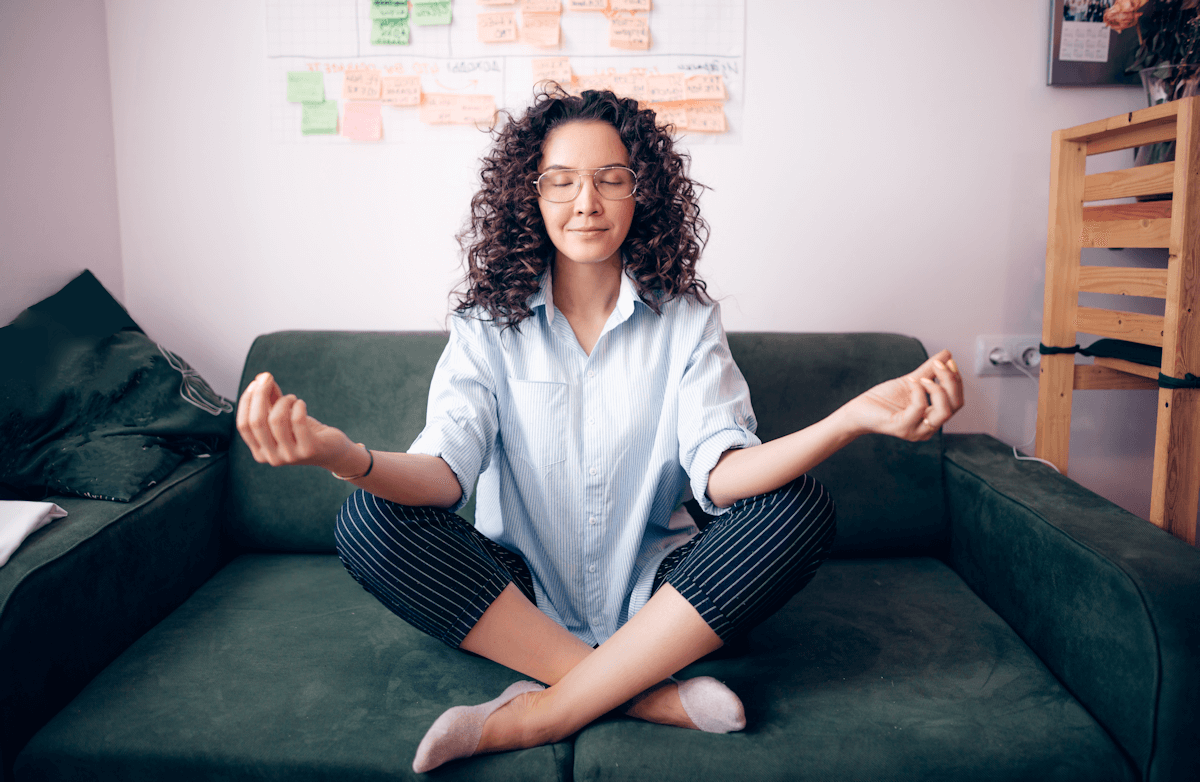
Sleep plays a critical role in physical health, mental well-being, and overall energy. Yet many people find their sleep schedules off-track due to work, travel, stress, or lifestyle changes. Resetting your sleep patterns doesn’t have to be complicated—small, consistent steps can help you reclaim restful nights and energized mornings.
1. Set a Consistent Sleep and Wake Time
Going to bed and waking up at the same time every day—even on weekends—helps regulate your body’s internal clock. Aim for a schedule that allows 7–9 hours of sleep per night. Consistency strengthens your natural circadian rhythm and makes falling asleep easier over time.
2. Create a Relaxing Bedtime Routine
Establishing calming pre-sleep habits signals to your body that it’s time to wind down. Try turning off bright screens 30–60 minutes before bed, reading a book or listening to soothing music, practicing gentle stretching or deep breathing, or journaling a few things you’re grateful for.
3. Optimize Your Sleep Environment
Your bedroom environment plays a big role in sleep quality. Consider keeping your room cool, quiet, and dark, using blackout curtains or a sleep mask, reducing noise with earplugs or white noise, and reserving your bed for sleep (and intimacy) only.
4. Be Mindful of Food, Drinks, and Medications
Certain foods and beverages can interfere with sleep. Avoid caffeine and nicotine in the afternoon and evening, limit alcohol close to bedtime, and avoid heavy meals right before bed. Check with your healthcare provider if medications you take affect sleep and ask about timing adjustments if needed.
5. Get Daytime Light and Movement
Natural light exposure during the day helps set your internal clock. Try to get outside for a walk, stretch, or brief activity in the morning or early afternoon. Regular movement can also improve sleep quality—but avoid intense exercise too close to bedtime.
6. Limit Naps, Especially Late in the Day
Short naps (20–30 minutes) can boost alertness, but long or late-day naps may make it harder to fall asleep at night. If you need a nap, aim for early afternoon and keep it brief.
7. Reset Gradually
If your sleep schedule is off by several hours, adjust it gradually—about 15–30 minutes earlier or later each day—rather than making a drastic change all at once. Your body will adapt more smoothly, making the transition easier.
8. Manage Stress and Unwinding Habits
Stress and racing thoughts are common barriers to good sleep. Techniques that can help include meditation or deep breathing exercises, progressive muscle relaxation, gentle yoga or stretching, and journaling to release worries before bed.
9. Track Your Sleep Patterns
Keeping a simple sleep diary or using a tracker can help you notice patterns, identify obstacles, and celebrate progress. Note your bedtime, wake time, naps, and how rested you feel each morning.
10. Seek Professional Help if Needed
If sleep problems persist despite your best efforts, consider consulting a healthcare provider or sleep specialist. Conditions such as insomnia, sleep apnea, or restless leg syndrome may require professional evaluation and guidance.
Quick Tip: Improving sleep is a journey, not a one-time fix. Small, consistent changes—like sticking to a routine, creating a calming environment, and being mindful of lifestyle habits—can make a big difference in how rested and energized you feel each day.













